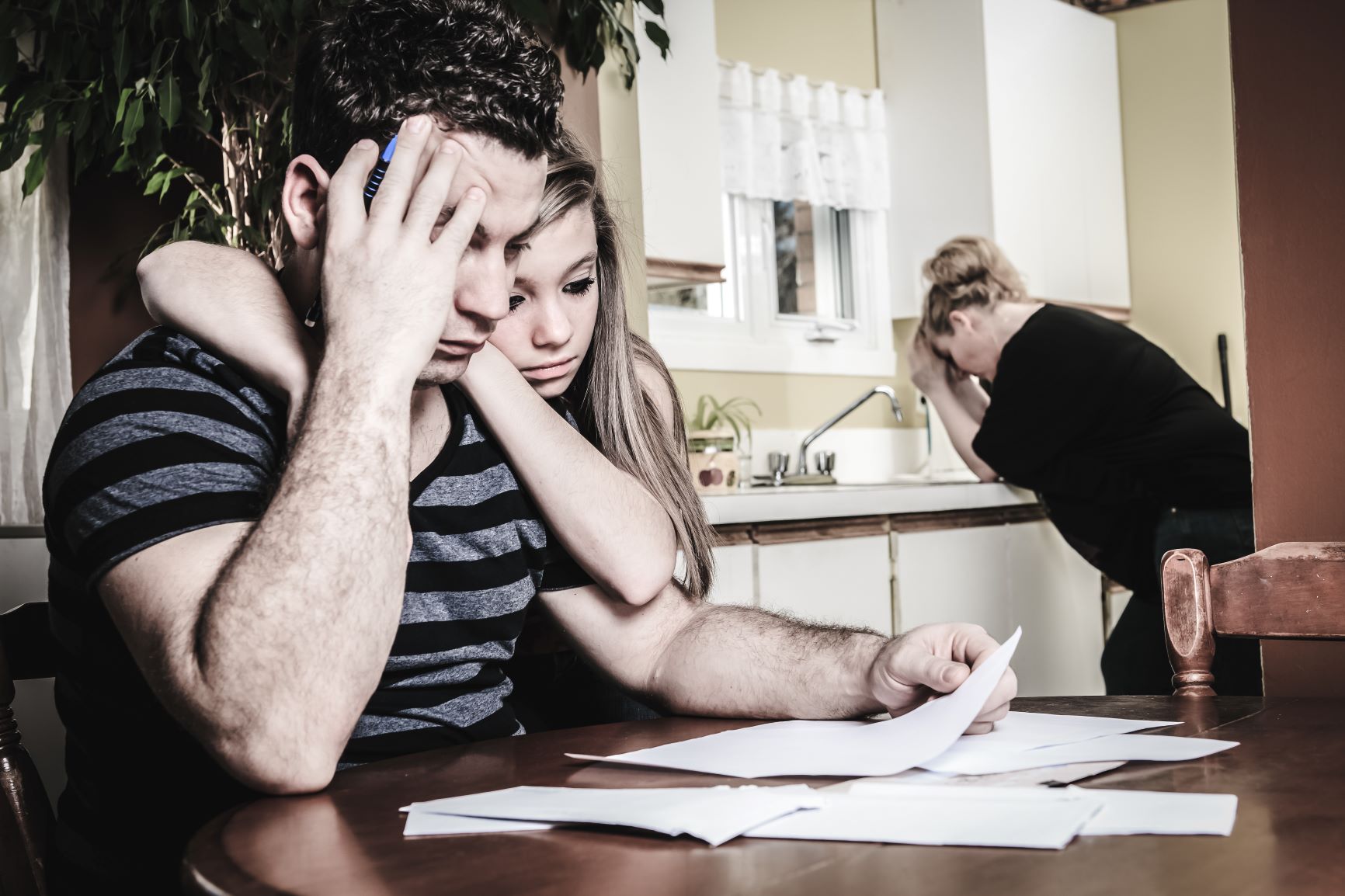By Christina Carleton, Financial and Taxation Expert
You’re buying a Queensland property and want to know what kind of return on investment to expect – but everyone just throws a percentage at you. How do they arrive at that percentage? How do you calculate rental returns on a potential property? Learning to calculate rental returns yourself means that the agent can’t ‘fudge’ the numbers when selling an investment property. So, let’s get the maths on!
What is a Rental Return?
A rental yield tells you how much money you can earn from your investment property. There are two types: gross and net yields. The gross yield is the amount your rental property earns before expenses. Net yields are the income after expenses are paid. These expenses can include:
- Repairs and maintenance
- Council rates
- Utilities (such as water)
- Strata levies
- Property management fees
- Insurance
How to Calculate Rental Returns
The breakdown is quite simple for properties that you own outright.
For Gross Rental Yield:
Determine the total rent you charge your tenant per annum.
Divide that rental figure by the value of the property.
Multiply the figure by 100 to determine the gross rental yield as a percentage.
For example, let’s say you have purchased an apartment for $800,000 and you’re renting it out for $750 a week. Multiply the $750 by 52 weeks to get the annual rental amount of $39,000.
Divide your annual rental income by the property value. Then times it by 100.
39,000 ÷ 800,000 x 100
Gross rental yield = 4.875%
For Net Rental Yield:
Calculate the property fees and expenses you pay (on average) each year.
Determine how much rent is paid per annum.
Take the fees and expenses away from the annual rental income.
Divide by the value of the property.
Times it by 100.
We’ll use the same example property as above, this time factoring in $8,000 in expenses.
Minus the annual expenses ($8,000) from the annual rental income ($39,000). Now divide this figure ($31,000) by the property value ($800,000) and times by 100.
39,000 – 8000 = 31,000
31,000 ÷ 800,000 x 100
Net rental yield = 3.875%
What Impacts the Yield?
There are a few aspects that can have a major effect on your rental yield:
If you have a mortgage on the property, the returns will be different, as they also take into account the amount of interest you pay, your downpayment (on the first year) and various administration costs.
Whether your property is a home or apartment. Houses usually require more maintenance, but they also have stronger capital growth opportunities which can increase the value. Apartments typically have higher returns with less upkeep required but are impacted by expenses like body corporate.
The location of the property. Generally, you’ll find properties in a metropolitan area have higher yields. A gross rental yield between 2.5% and 4.0% is considered a good return if your property is located in the city. In regional areas, a good gross rental yield is between 3.5% and 4.5%.
How to Get a Better ROI
The first step is always to speak to a financial expert. Always. Never wing it. A financial advisor, accountant and/or tax specialist can help you get the most from your investment.
Getting a better return starts with the first step – buying the right property. Check the location and do your research. Make sure you check previous sales, rental figures and current returns for the suburb you’re looking at. Popular areas with quality amenities, roads and public transport access are likely to get better returns.
Once you have a property, you might need to consider improvements. A small bathroom renovation can add thousands of dollars in value to the property – which means you can increase your rent for a greater return. Giving the front yard a makeover to enhance curb appeal, or even a simple coat of paint can go a long way, particularly with older properties.
Next, enlist the help of a quality property manager! Not only can you get the right advice, but they’ll also make sure you’re charging enough rent, spending repairs money wisely, and can help you find the best tenants.





